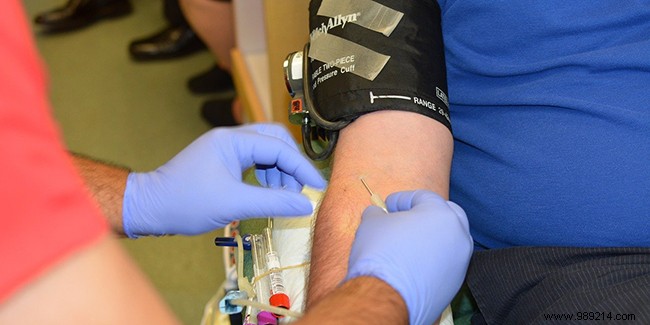
According to the French Blood Establishment (EFS), healthy individuals aged 18 to 70 who weigh at least 50 kg are eligible to donate blood. Certain medical contraindications may apply, and from age 50, restrictions limit some donation types.
There are three main types of blood donation, with eligibility varying by age and health.
Whole blood donation is the most common, used for transfusions and medical research.
Plasma donation provides the liquid portion of blood (serum), essential for vaccines, hemophilia treatments, and preventing rhesus incompatibility in newborns.
Platelet donation supplies cells crucial for clotting, often used in cancer and leukemia treatments.
Individuals over 70 may donate in exceptional cases if healthy and over 50 kg, but standard eligibility ends at 70.
Donation frequency limits apply: Women can give whole blood up to 4 times yearly (men 6 times), with 8 weeks between donations. Both sexes can donate plasma 24 times per year (2-week intervals) and platelets 12 times (4-week intervals).
Deferral periods include: 2 weeks after viral illness symptoms end; 7 days to 4 months post-surgery; 4 months after tattoos or piercings; 6 months after childbirth; and varying times after travel to malaria-risk areas.
Permanent exclusions apply to those with transfusions/transplants, risks of transmitting bacteria/viruses/parasites, sexually transmitted viral infections, pregnant women, and those living in the UK for 1+ year between 1980-1996.
Every donation starts with a medical exam and health questionnaire. The EFS website offers an interactive eligibility quiz.
While open to healthy 18-70-year-olds, rules tighten with age. Granulocyte (white blood cell) donations stop at 50. Those 65+ are limited to whole blood with physician approval.
Over 70, donations are rare, approved only in cases like rare blood types.
First-time donors aged 60+ require approval from the collection site's physician.